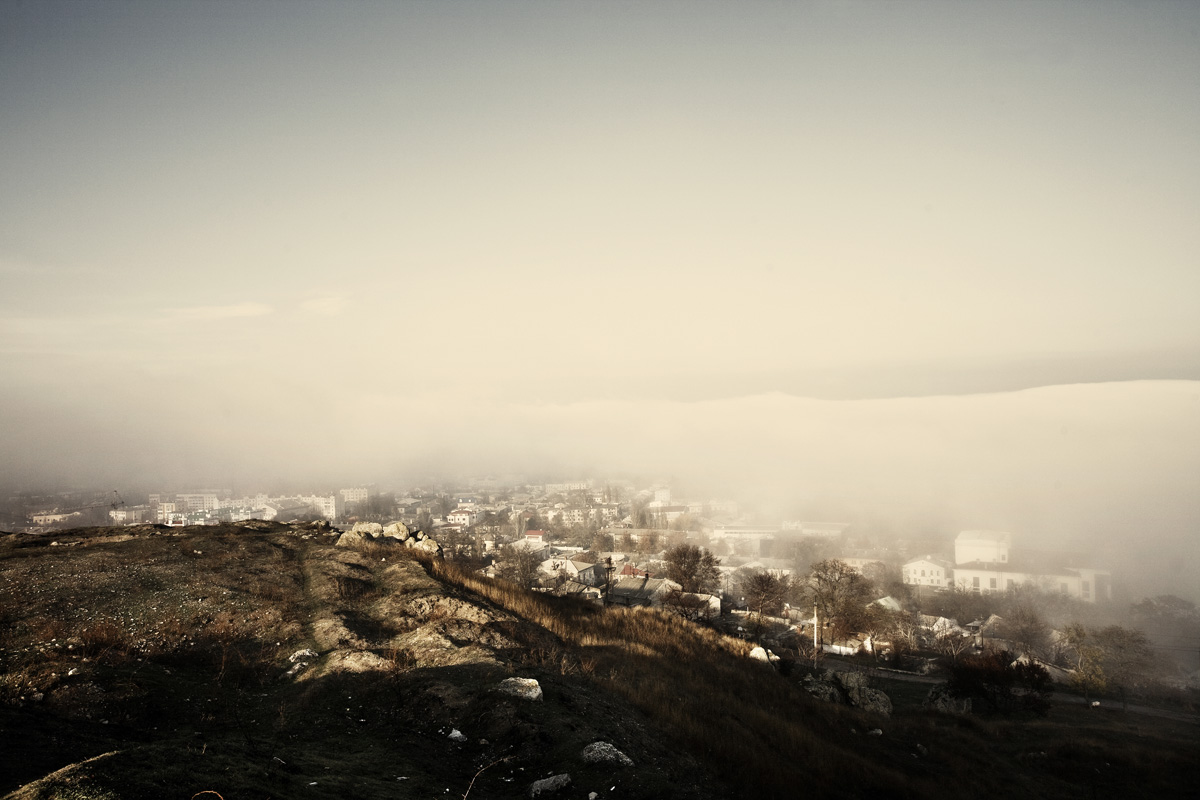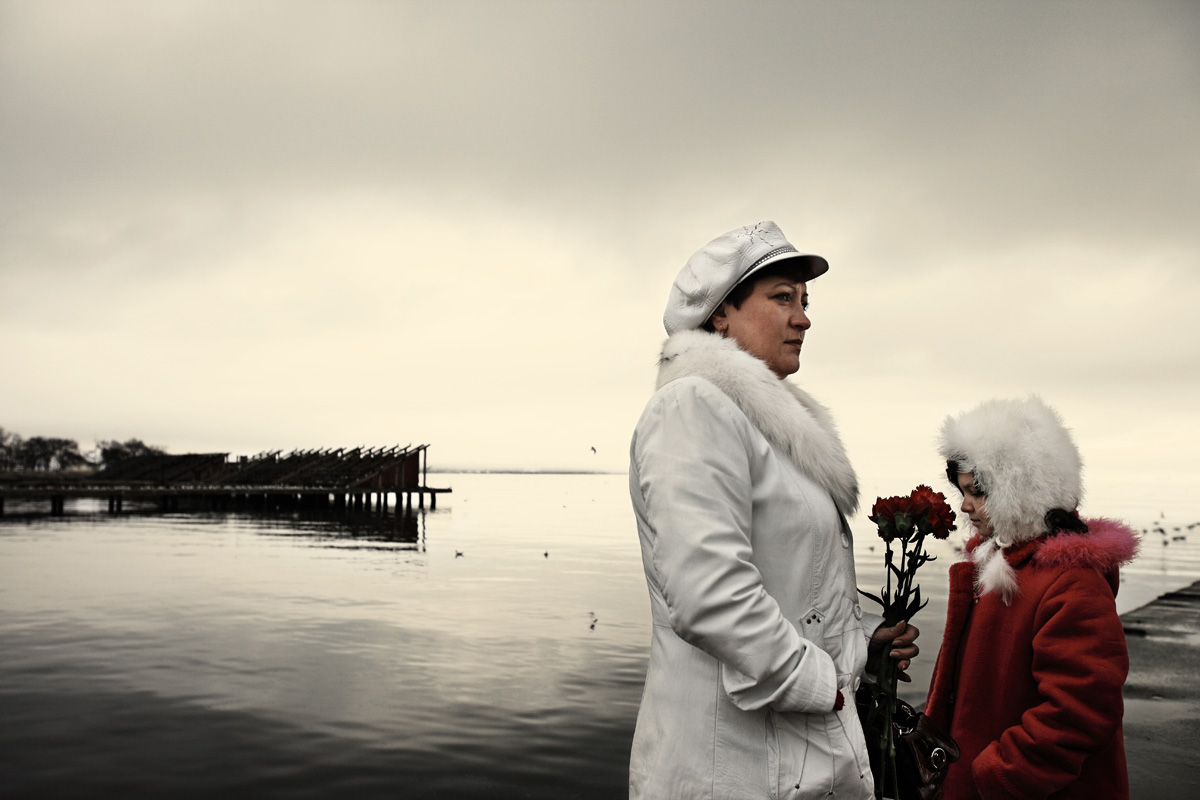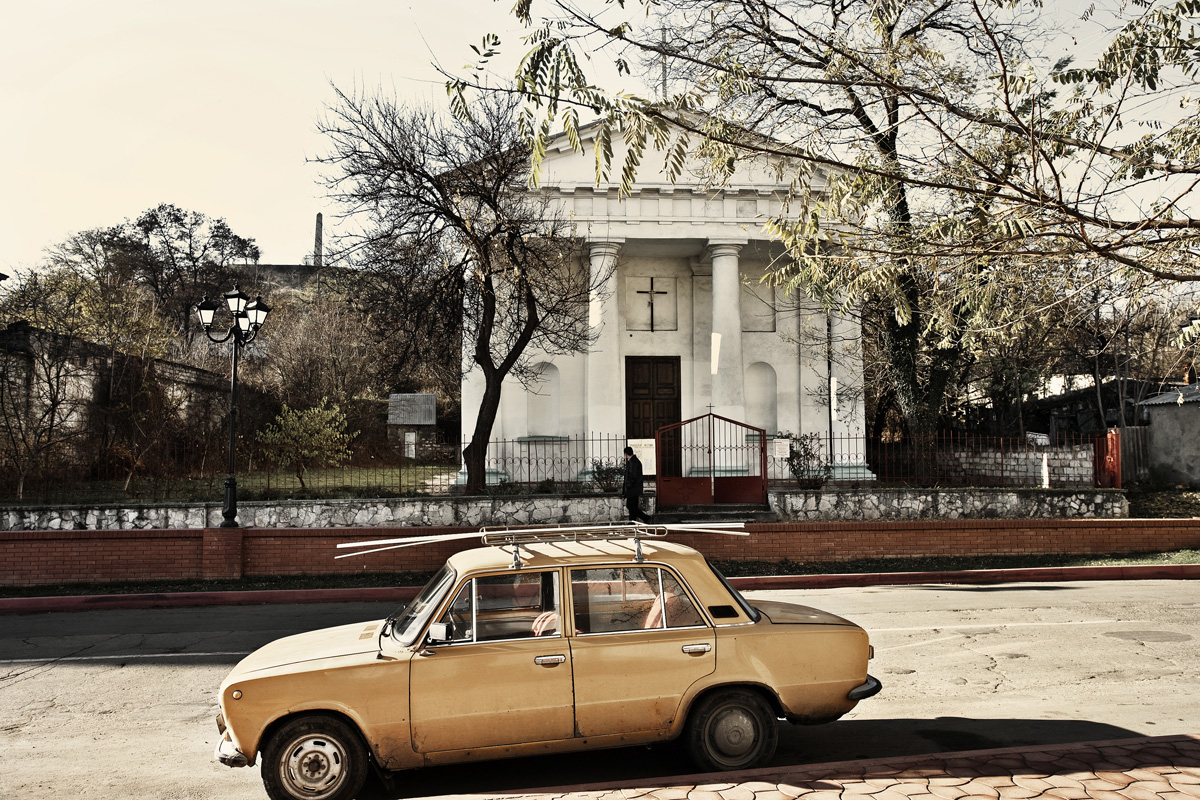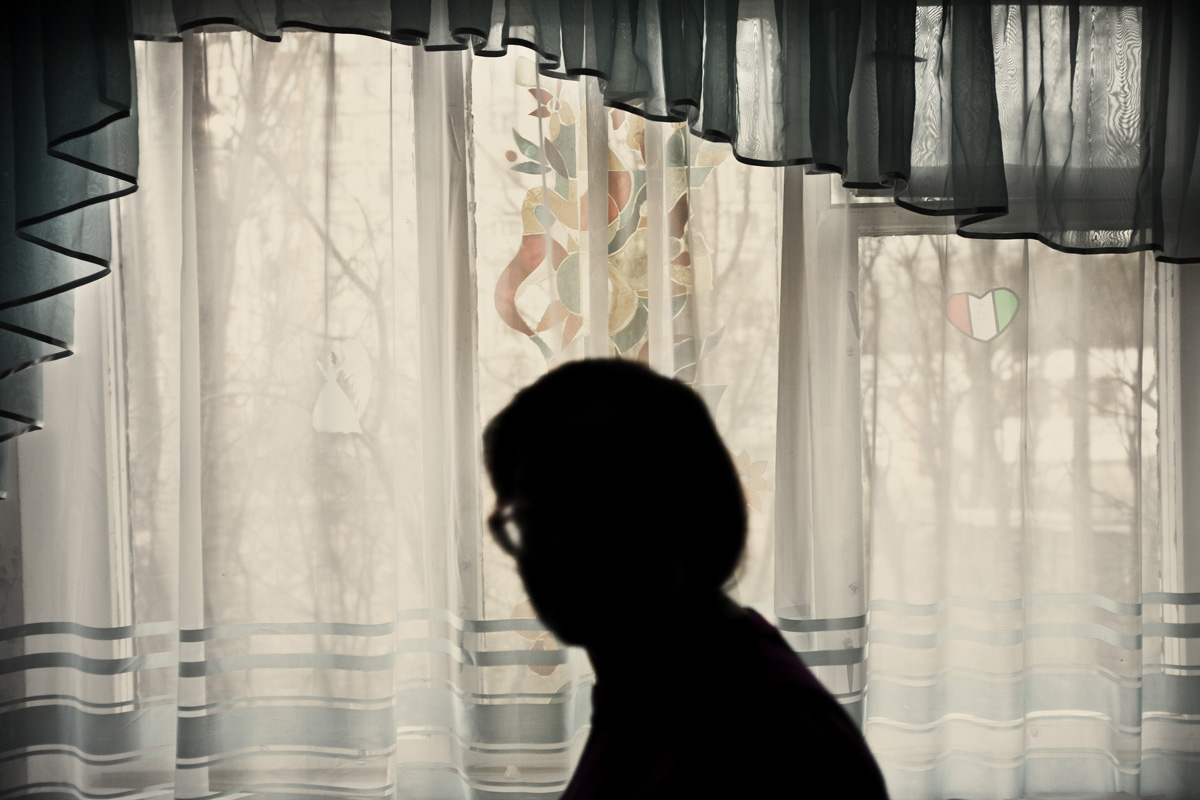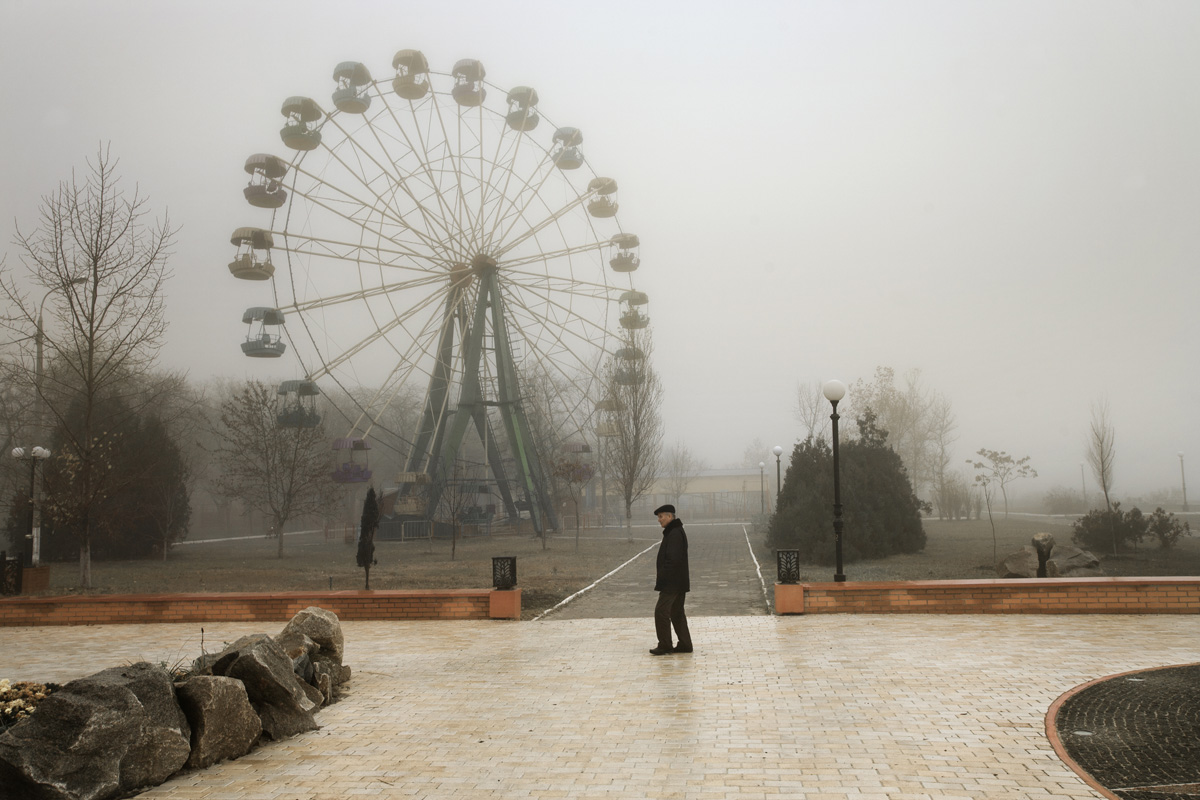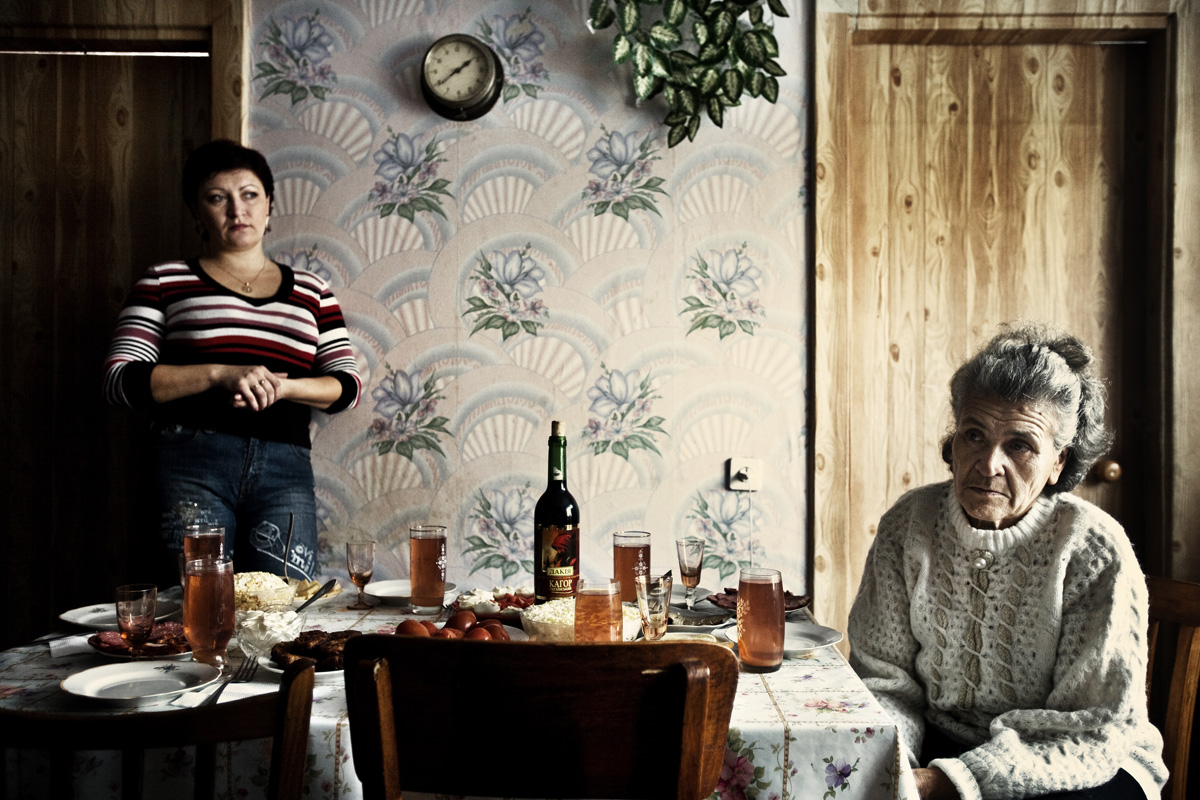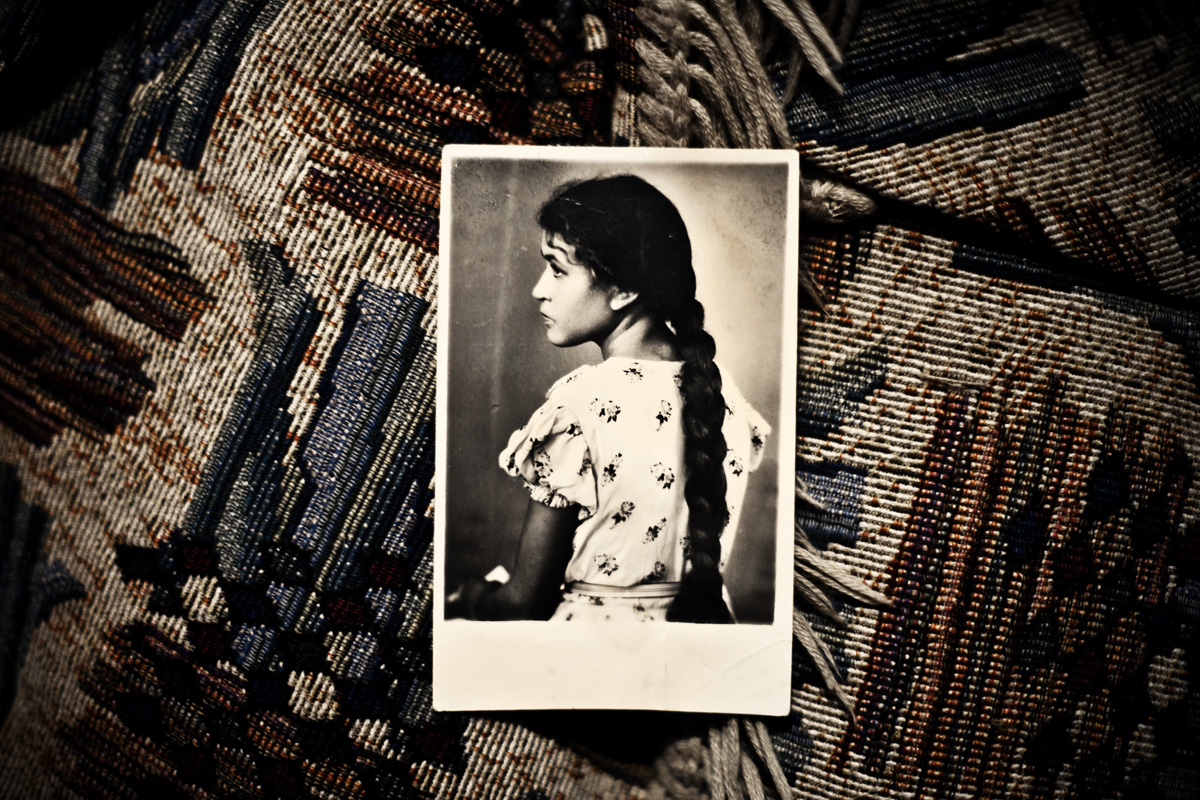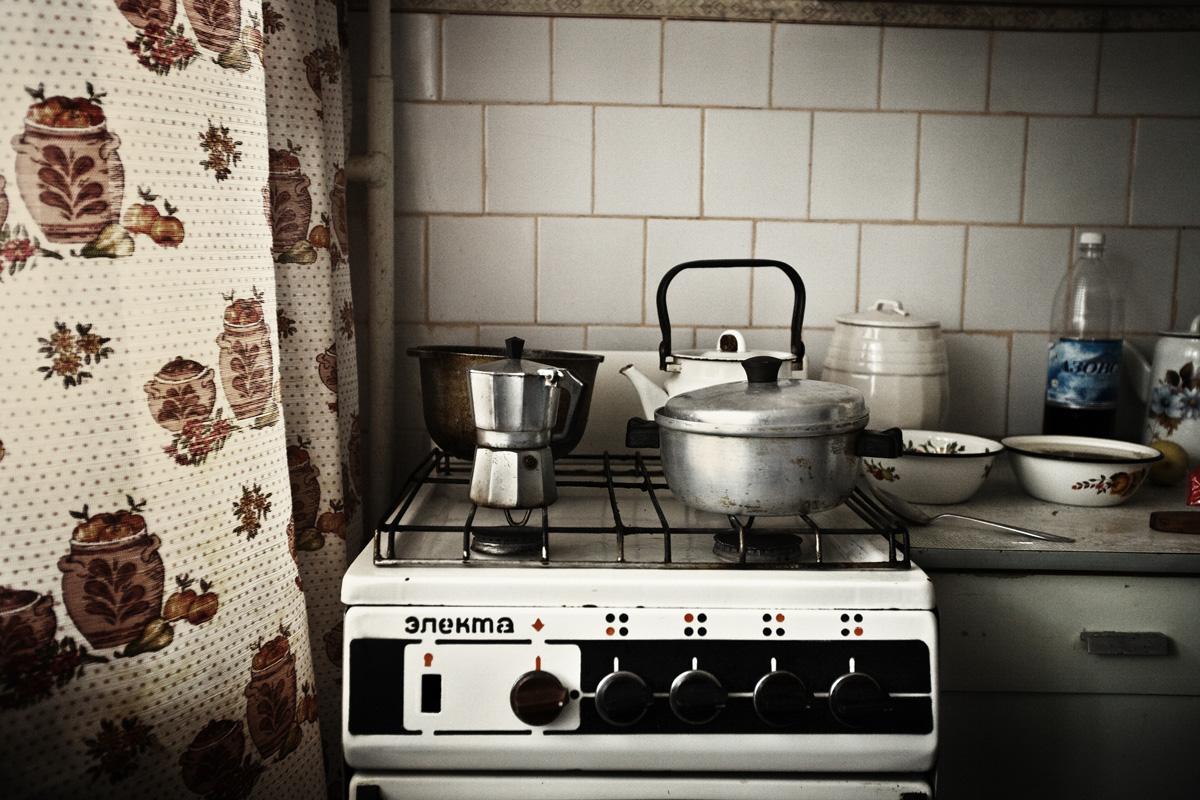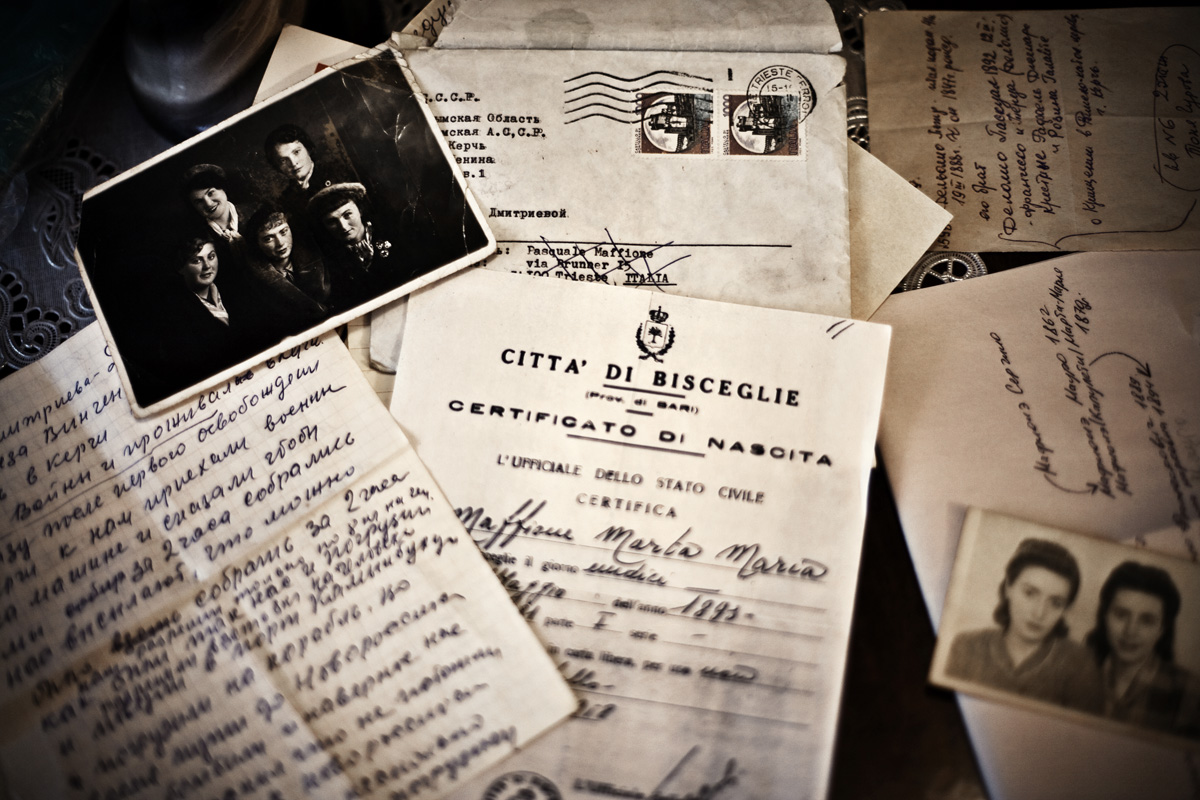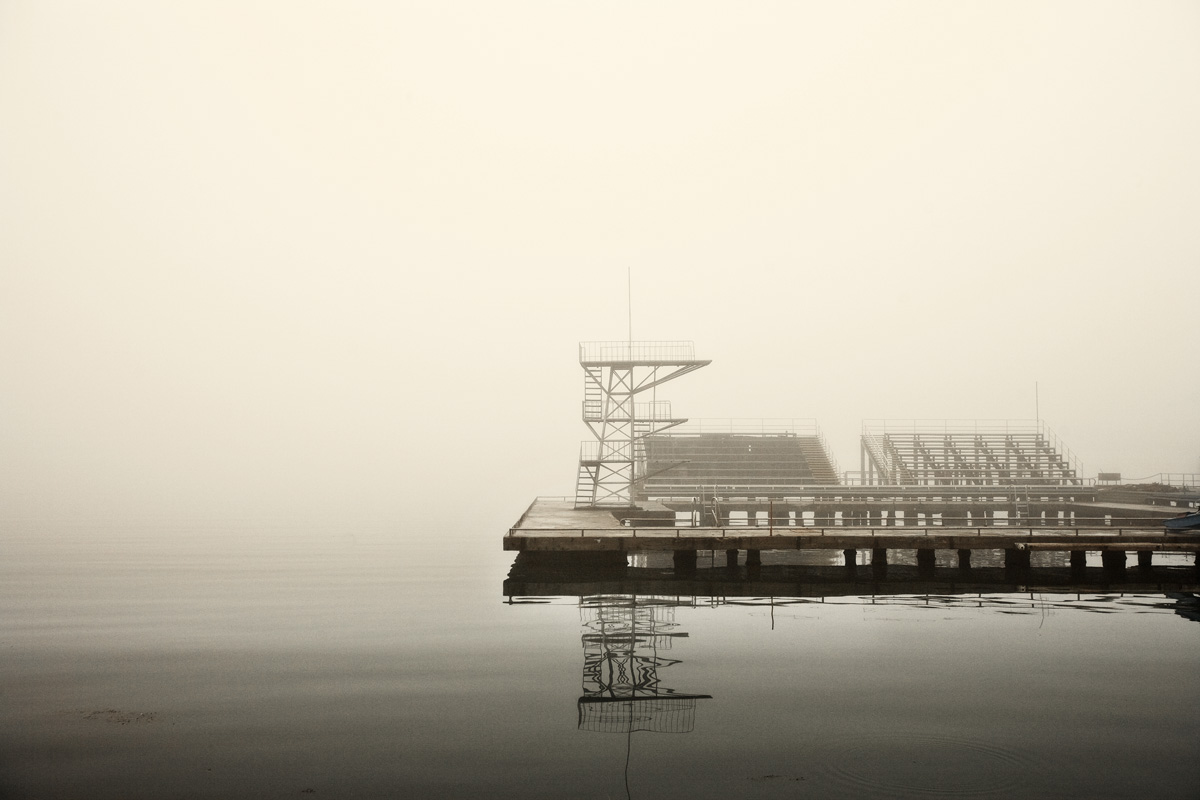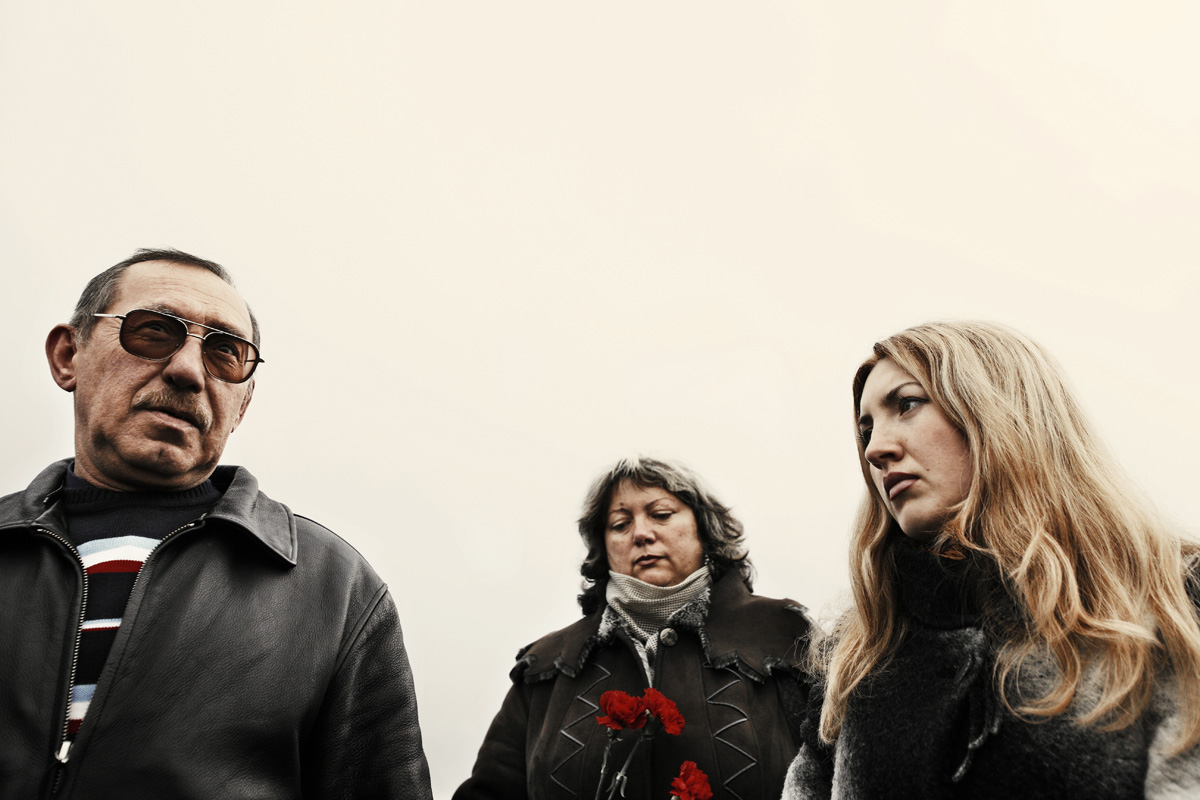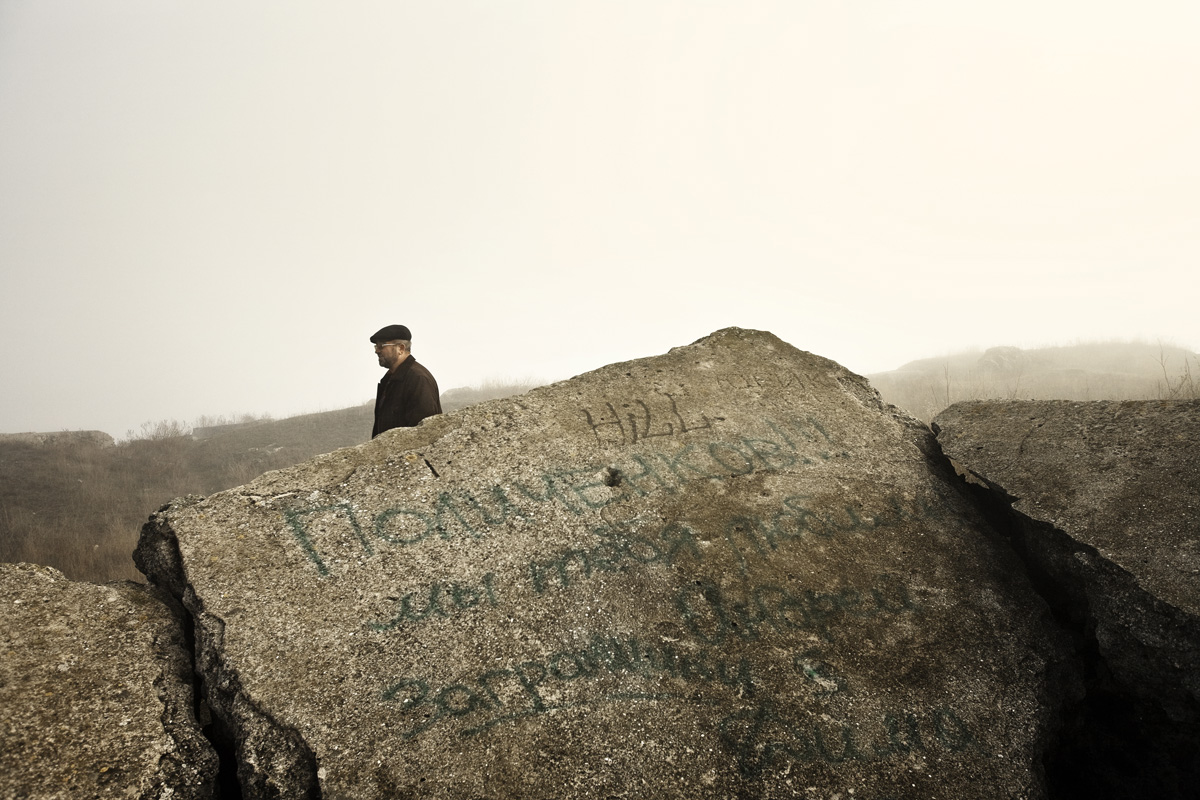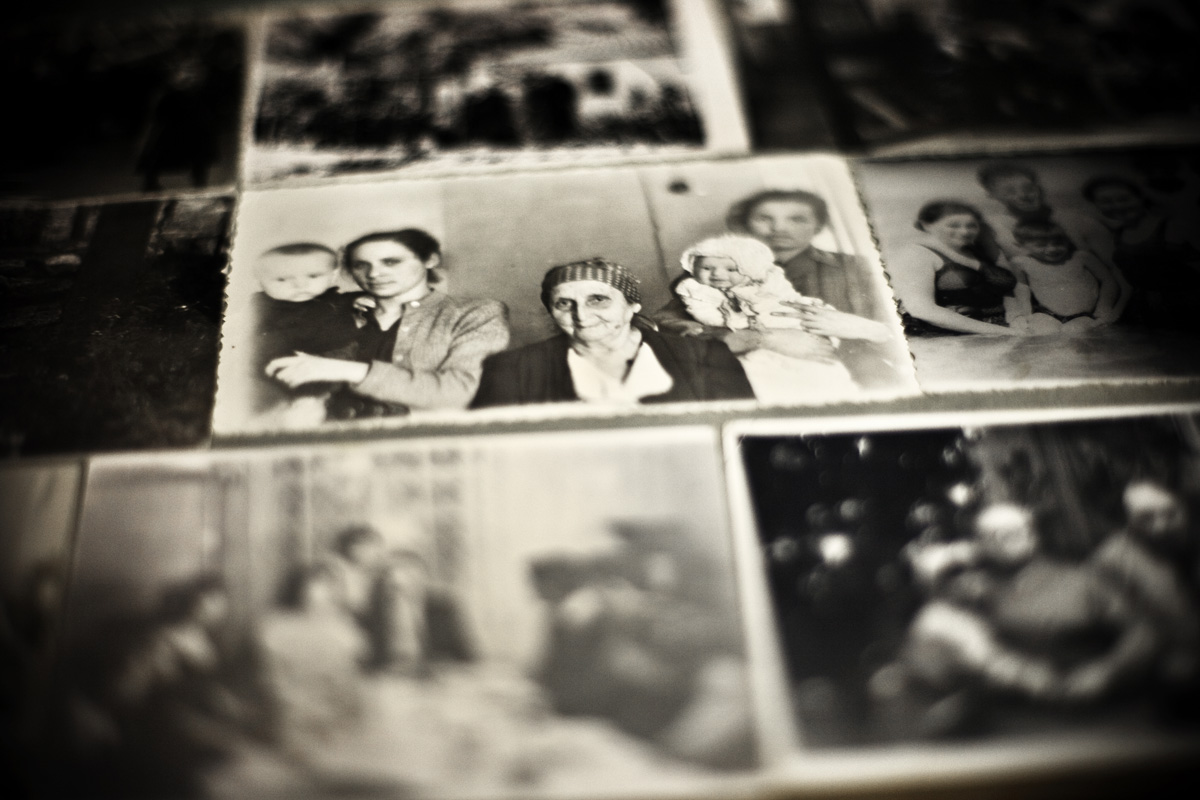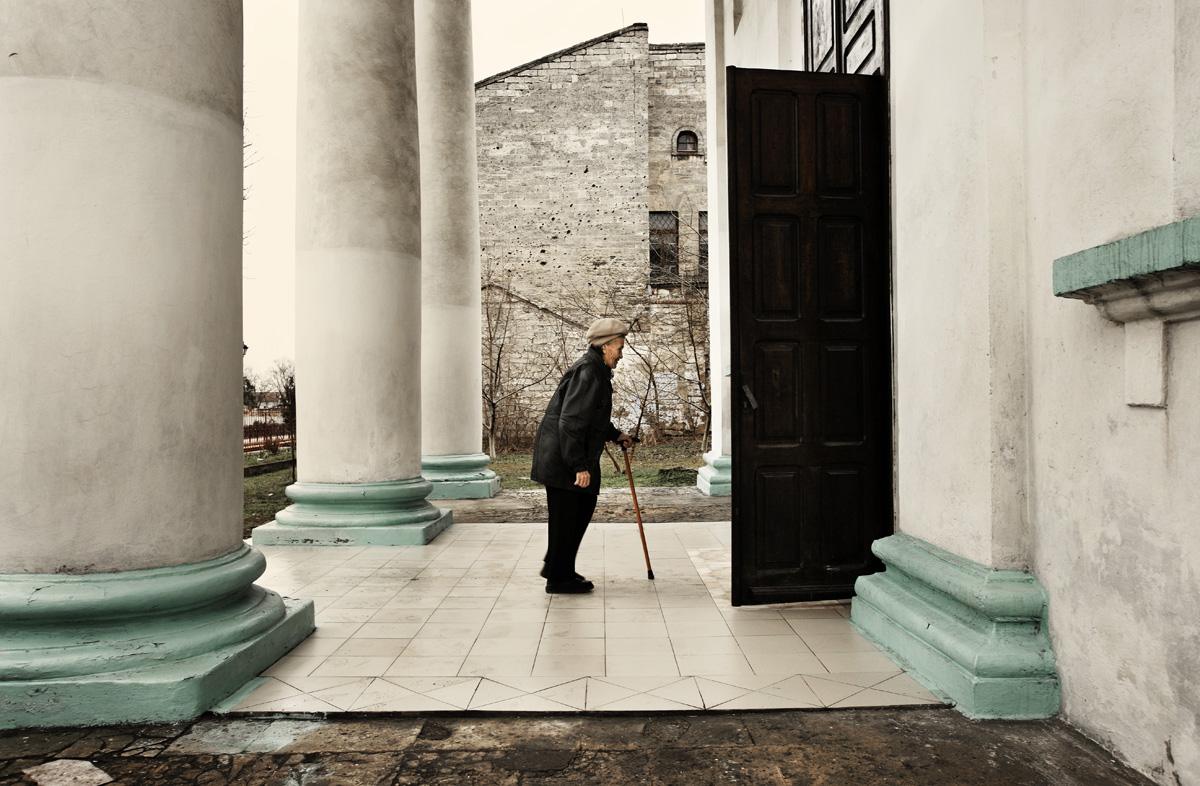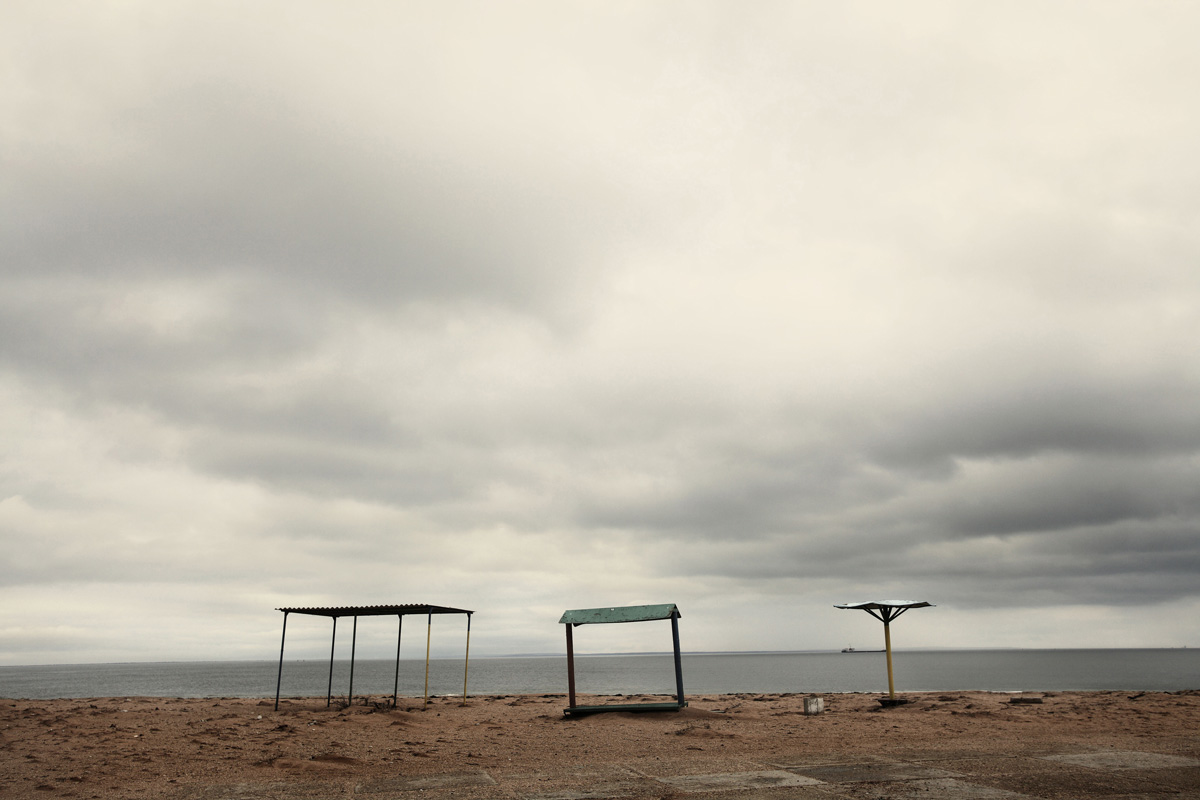Since 1830 up to the end of the XIX Century an Italian migratory flux, mainly from Puglia (Italy), involve Crimea, at that moment part of the Russian Empire. With the beginning of the communism the destiny of this Italians become difficult, until it ends up in a tragedy. In 1830 and 1870 arrived in Kerch, Crimea, two migratory fluxes from Italy; during the following years relatives and friends would join them. They were mainly agriculturists, seaman and expert in shipyards coming from Puglia (Italy), attracted by the mirage of unexploited fertile lands and the wish of a better future. It’s important to consider, also, that at the end of 1800 and beginning of 1900 the Italian migration was promoted by the Russian Empire Authorities, to develop agricultural activities mainly regarding grape cultivation and wine production. In 1921, the Italians of Crimea consisted of 2% of the total population, only in the Province of Kerch, occupying well respected social positions. Italian were mainly Captain and ship owners, land and industry owners able to make high quality products in great demand also from Moscow Authorities. Italians were also architects that planned and built houses and monuments. Across the 30’s for this people in Kerch, as well as for all others minorities, an oppression signed by the madness of Stalin dictatorship began. Because of different repressions, persecutions, hard labor and arrests, many Italians escape and ended up moving back to Italy, but for the majority a tragic destiny was waiting for them. It’s remarkable that in 1933 the percentage of Italians in Kerch drops down to 1.3%. At the same time the Catholic Church built by the Italians for their community in 1840 was closed and the priest was sent back to Italy. Because of the communism all the lands were expropriated to create a “Colcos” (collective small farm) called “Sacco e Vanzetti” to which initially only few families of the community took part of. Strong repression began, followed by the Stalinist Purge between 1935-38; in 1940 in spite of the events, in Kerch there were still living 1100 Italians, almost 1% of the population. During this time many Italians were accused to be Italian spy and therefore arrested, tortured and shot dead. Some of them were deported to Russian Gulag from where they would never come back. Following the Crimea liberation by the Russian Army from the Germans, all the minorities, including the Italian, were deported in different areas of Central Asia and Siberia; at this stage Crimea became part of Russia. On the 28th of January 1942 the Italians families, residents in Kerch Province, were given 2 hours and the possibility to take maximum 8 kg of their belongings before being deported to Kazakhstan. The agony to reach the designated place took two months, mainly in led wagon train. Many people died before reaching the destination because of hunger, cold and different hardships; some survivors remember that the dead bodies were abandoned at different train stations. Because of the shock, many people after 65 years of the fact refuse to remember that moment. After the death of Stalin, at the end of the 1950, some Italians moved back to Kerch as well as others during the coming years; some people are still living with their family in some villages of Kazakhstan. When they arrived in Kerch their belongings and properties (mainly houses and lands) were all confiscated by the Russians; no one managed to get them back. Because of the high discrimination, it was still inopportune to talk about their origin, even if it was written on the birth certificates and soviet identity cards. Even now, in Kerch, you can find many Italian family names: Giachetti, Maffioni, Fabiano, Porcelli, Petringa, Di Martino, De Lerno. Some of them, during the years, has changed because of the translation from Italian to Russian (for example De Lerno is thought to be originally Di Lernia). Today in Kerch there is a community of almost 350 people that ensure to be descendants of Italians. Unfortunately the documents that prove their origin are very few, because were taken during the deportation, destroyed or changed into Russian. At the same time many people are in possess of copies of old certificate that prove the Italian citizenship and birth in Italian land of their ancestors. What descendant of fourth or fifth generation are claiming, is to be recognize in the status of deported minority (up to now denied by the Ukraine Authorities) and that the Italian Government recognize them theirs origin. A plaque was placed in a square in front of the train station in Kerch, in memory of the minorities deported and in honor of the people who died in this tragedy. The Italian minority is not mentioned. Another wish that could be realized if the Italian Government would recognize them the Italian origin, might be the recovering of the Italian language, have a chance to get in contact with the origins and see and touch the mother land.
